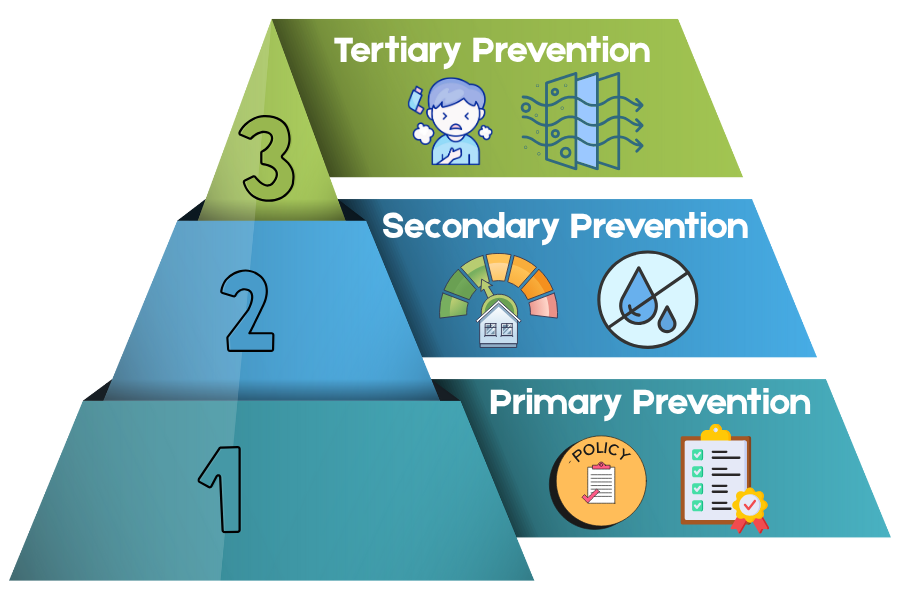Jul 12, 2024
New York First to Launch Home Energy Rebate Program
NY's IRA program will allow low-to-moderate income households to receive up to $14,000 in rebates for making certain energy efficiency and clean energy updates to their existing homes, including air sealing, insulation, and heat pumps.
By: Stacy Fitzgerald-Redd
New York recently became the first state in the nation to stand up a home energy rebate program funded through the Inflation Reduction Act (IRA). The program will allow low-to-moderate income households to receive up to $14,000 in rebates for making certain energy efficiency and clean energy updates to their existing homes, including air sealing, insulation, and heat pumps. The retrofit work will ultimately save homeowners money by slashing their energy bills.
“As the first state in the nation to offer these Inflation Reduction Act rebates, we are expanding access to home improvements that will save New Yorkers money on their energy bills and reduce reliance on fossil fuels,” New York Governor Kathy Hochul noted. “Thanks to our strong partnership between New York State, the Biden Administration, and the U.S. Department of Energy, we are making important progress to make the clean energy transition affordable for all New Yorkers.”
The Benefits to Homeowners

While there are myriad reasons to encourage energy efficiency and clean energy retrofits of existing U.S. housing stock the big three are energy cost savings to homeowners, lowering carbon footprints, and increased home comfort. According to DOE, many Americans spend a significant portion of their monthly income to heat, cool, and power their homes, and that impacts low-income households the most. These households are spending upwards of 30 percent of their income on energy bills. To maximize the impact of the programs, DOE is requiring that states and territories allocate at least half of the rebates to low-income households, defined as those earning 80 percent of the area median income, which will benefit households in disadvantaged communities.
In launching the first phase of its $158 million Home Electrification and Appliance Rebate (HEAR) program, which is one of two provisions making up the Home energy Rebates programs, the state is weaving funding through its existing EmPower+ program, which serves low-income homeowners and renters. Single-family properties and multifamily properties of up to four units are eligible under phase one, while later phases of the state’s program will reach larger multifamily buildings and point-of-sale rebates at retailers.
Phase one of the New York State program will also support homeowners who want to install air sealing, insulation, ventilation, heat pumps, heat pump water heaters, and electric upgrades (wiring and load service centers). New York is also working to launch its Home Efficiency Rebates with $159 million funding from the IRA, which will provide eligible households up to $8,000 in additional rebates for measures that reduce energy use by at least 20 percent.
What About Other States?
Although every state was eligible to apply for Home Energy Rebate program funds, DOE has thus far received applications from 17 states, however, no state expressed disinterest in the funds. Each state has a State Energy Office (SEO), and these are the organizations are responsible for applying for the funds.
Why It Matters
The launch of the first of the Home Energy Rebate programs funded is a significant milestone for DOE and additional states should soon announce that their programs have launched, including California, New Mexico, and Hawaii. The release of funds to states will accelerate energy efficiency and clean energy retrofit projects and help homeowners save money in the long run on their home energy costs.
DOE estimates that consumers who leverage rebate funds for retrofit work could save up to $1 billion annually in energy costs and that 50,000 jobs in construction, manufacturing and other sectors could be added to the economy.
For more information on this announcement, see DOE’s news release.
This article was originally published in the Insulation Institute blog and is republished with permission.





